Earthquakes
Where can I find information about earthquakes?
(Years 5-8)
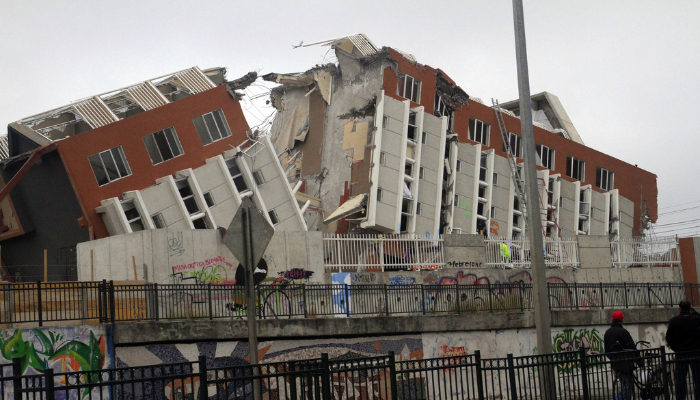
Image: 2010 Chile earthquake - building destroyed in Concepción by Claudio Núñez on Wikimedia Commons.
Entry last updated: 25/09/25
Introduction
Earthquakes happen when the ground shakes. The shaking is caused by the movement of large pieces of the Earth, called tectonic plates. Sometimes, the plates slip or bump into each other, which makes the ground move. Some earthquakes are small and deep underground so we don’t feel them. Others are strong and can cause damage to buildings and roads, and even cause landslides.
Well-known earthquakes
Geological records show that earthquakes have happened since early in Earth's history. Here are some strong earthquakes from the past:
Mount Vesuvius, Pompeii 62CE
San Francisco 1906
Haiti 2010
Japan 2011
Nepal 2015
Canterbury earthquakes 2010-2011
What are earthquakes?
These websites will help you understand what causes earthquakes. They also explain the meaning of words like plate tectonics, fault, Richter Scale, seismograph and more.
This is one of the EPIC resources, which is a collection of reliable databases covering lots of different topics. It is put together especially for New Zealand school students and helps to answer questions like this.
Enter the keyword 'earthquake'.
Go to the article called Earthquake (geology).
Select a heading to read about the causes and effects of earthquakes, and how they can be measured using a seismograph and a Richter Scale.
The heading called Occurrence has information on earthquakes and the Pacific Ring of Fire.
Tips: To use the EPIC resources, you need a password from your school librarian. Or chat with one of our AnyQuestions librarians to help you online. Some EPIC databases may also be available through your public library.
This is also another resource from EPIC. It has information about all sorts of topics like health, geography, science, sports and technology. You may need a password to log in.
Go to the tabs at the top of the page to select Browse Topics.
Look down the page to find Earthquakes.
This page has lots of information about earthquakes, including videos and articles.
At the end of the page is Related Topics such as Plate Tectonics.
This website belongs to the National Aeronautics and Space Administration (NASA) in America. It has information on space and Earth science.
Search for the keyword 'earthquakes'.
Select What is an Earthquake?
This page has images and information to help you understand why earthquakes happen and how to measure them.
Tips: Search words, or keywords, are the most important words in our question. You can leave out small words like ‘the’ and ‘of’ and just choose the main ones, eg earthquake. We can always change our keywords or add more if we need to.
Earthquakes in New Zealand
Earthquakes are common in Aotearoa because it sits on two tectonic plates. Use these to find out about the causes behind earthquakes in New Zealand and what is being done to keep people and New Zealand safe.
Te Ara: The Encyclopedia of New Zealand
Te Ara is an excellent starting point for all questions about Aotearoa New Zealand. If we look down to the bottom of the page, we can see that the website belongs to the Ministry for Culture & Heritage, so the information is well-researched and reliable.
Use the search box to enter 'earthquake'.
To find general information about earthquakes, select Earthquakes.
This story has information about Building for earthquake resistance and how buildings are being designed to be earthquake safe.
Or for historic information about Earthquakes in New Zealand, choose Historic earthquakes.
Tips: We like sites like this because they’re reliable. You can tell because of their web address – they have either .govt or .ac, meaning they are from government or educational organisations. They’re also New Zealand sites, so relevant for us.
Geonet gives us live updates about earthquakes in New Zealand, as well as information about past events.
Select the Earthquake tab at the top of the page.
Choose Earthquakes to find information about recent earthquakes in New Zealand.
Select Historical Events for information about earthquakes that have happened in the past, eg the Kaikōura earthquake.
Tips: Websites that have .org or .net in the address can have good information, but you need to assess how reliable it is. Check the About link on the website, if you can find one. That can tell you what the organisation’s mission and values are.
Stay safe during an earthquake
Here are two New Zealand websites with advice on what to do during an earthquake and how to stay safe.
This website has been put together by the National Emergency Management Agency (NEMA). It has information on what to do before, during, and after different types of emergencies.
Select the In an emergency tab and choose Earthquakes.
Watch the video about remembering to Drop, Cover, Hold.
Look down the page for different sections on what to do Before an earthquake, During an earthquake, and After an earthquake.
Civil Defence — National Emergency Management Agency (NEMA)
This government agency helps keep New Zealand safe during emergencies like earthquakes.
Enter 'earthquake' into the search box at the top of the page.
Select Earthquake from the results.
Read the links to Reduction: Reduce the impacts of earthquakes, and Readiness: What to do in an earthquake.
At the end of the page is a heading called Earthquake hazards. This explains hazards like liquefaction during an earthquake.
Books
There are many books and stories about earthquakes. Check out your local public or school library to see what they have there.
Here are some recommended titles:
Earthquakes by Izzi Howell
Earthquakes!: shaking New Zealand by Maria Gill
Earthquakes and volcanoes by Claudia Martin
Canterbury Quake by Desna Wallace
The science behind epic earthquakes by Louise Spilsbury
SCIS no: 1892814
Topics covered
Related content
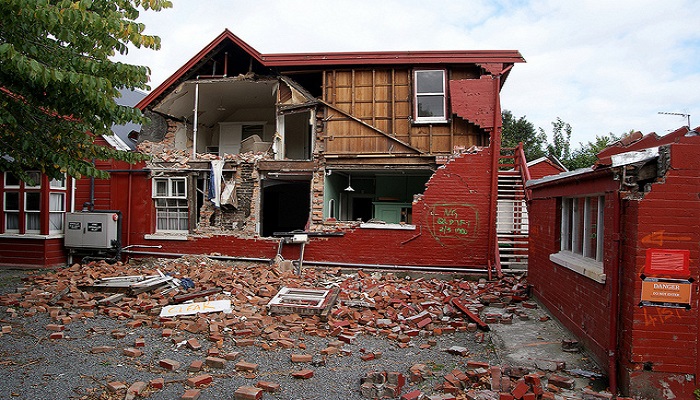
Natural disasters (NZ)
Where can I find information about natural disasters in New Zealand?
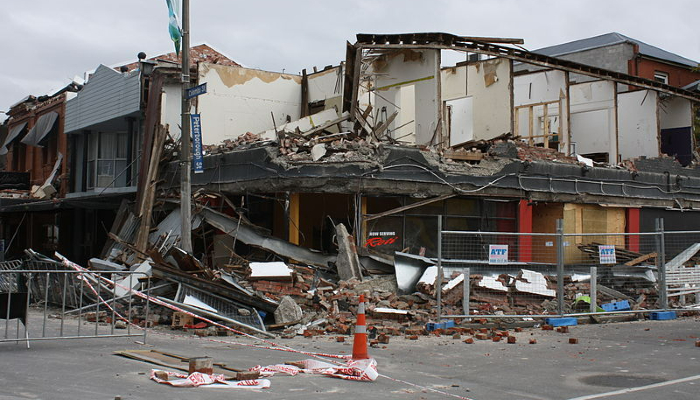
Canterbury earthquakes 2010–2011
Where can I find information about the Canterbury earthquakes of 2010 and 2011?
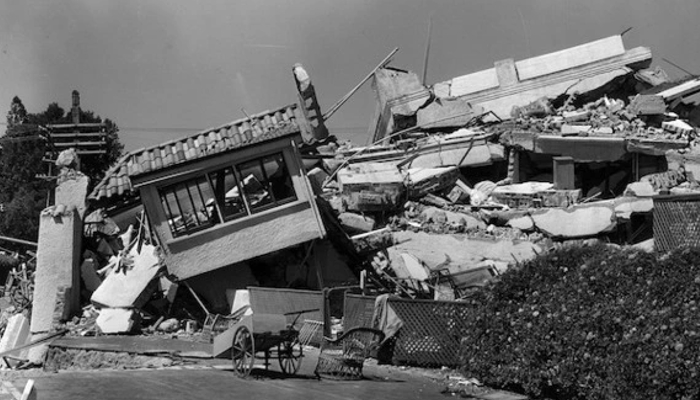
Hawke's Bay earthquake
Where can I find information about the Hawke's Bay earthquake in 1931?

Tsunamis
Where can I find information about tsunamis?
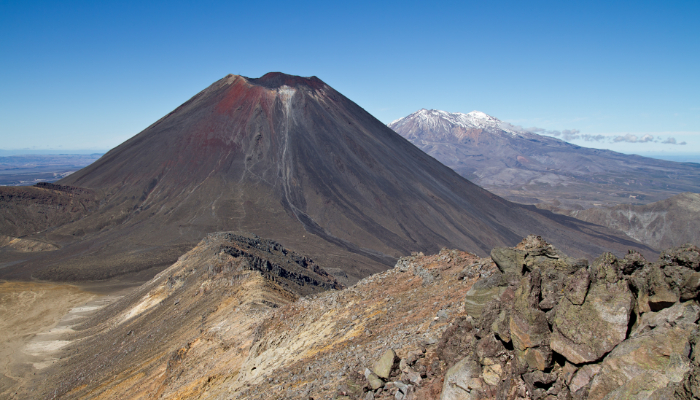
Volcanoes (NZ)
Where can I find information about volcanoes in New Zealand?
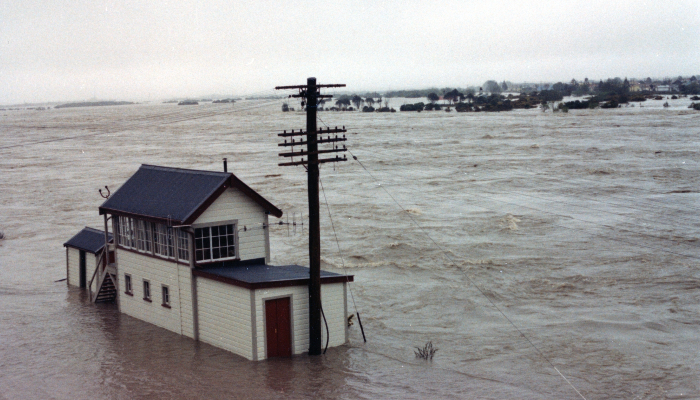
Floods
Where can I find information about floods?
